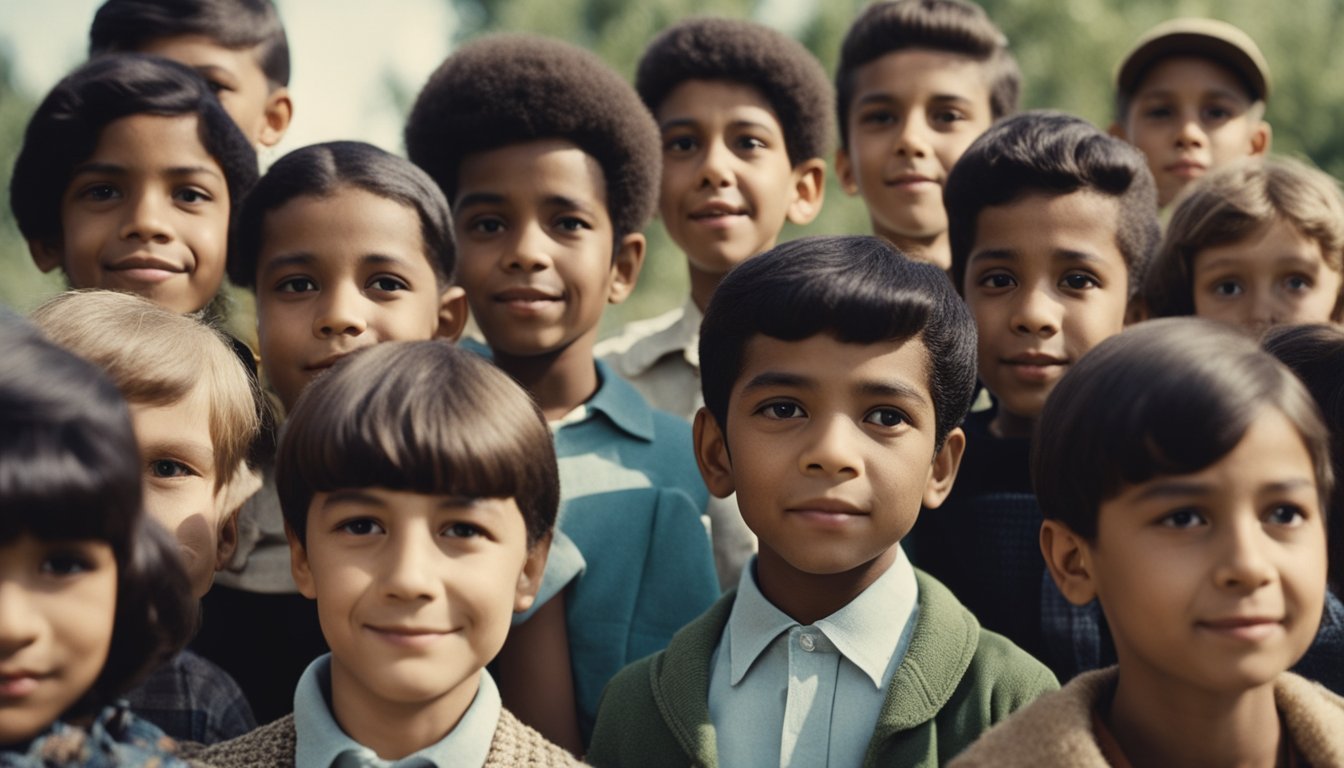Seven Up! (1964) Review
In the early ‘60s, Granada Television commissioned Paul Almond to direct Seven Up!: a documentary examining the lives of fourteen seven-year-old children living in different economic and familial backgrounds.
The network envisioned it as an episode for its current affairs program World in Action, until Michael Apted realized that this short feature could be expanded into an experiment few dared embark on at the time.
Apted viewed Almond’s film as the first of many installments to document the lives of these children every seven years. The children in Seven Up! may or may not have known that they were participants in something they would be involved in for the rest of their lives, but it was able to capture and immortalize onscreen one of the most genuine and candid explorations of innocence caught on camera.
Seven Up! may not be as endearing as its successors in Apted’s series, but it is always captivating to see young people at their most naïve state, feeling optimistic and carefree about the world surrounding them.
Apted, who worked on the film as a researcher, stated: “Almond was more interested in making a beautiful film about being seven, whereas I wanted to make a nasty piece of work about these kids who have it all, and these other kids who have nothing.”
This quote best reflects Seven Up! as a self-contained documentary about childhood. It never dares to be dramatic nor complicated, but it does try to challenge the notion of how its subject perceives the people and environment around them.
It might be difficult to fully assess the themes of Seven Up! without having seen future installments, but it succeeds in being an informative examination of what life looks like in the eyes of a seven-year-old.

